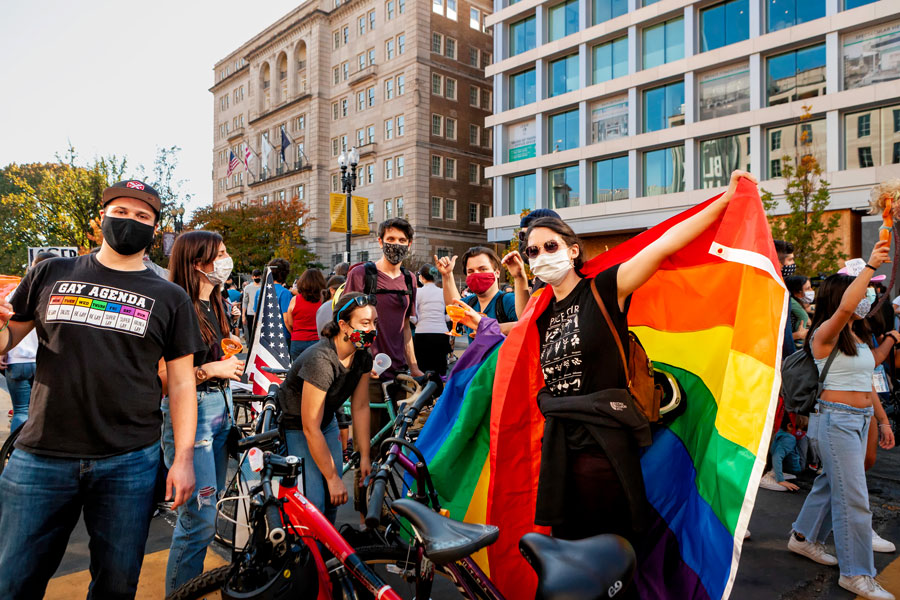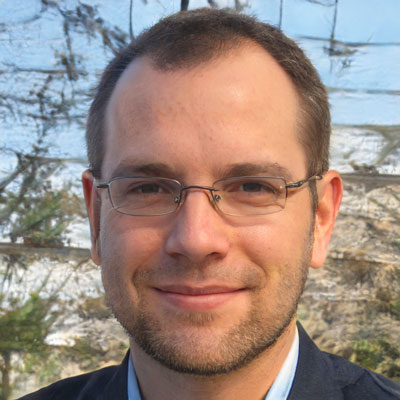
TALLAHASSEE, FL — Today, Florida’s Commission on Human Relations announced its intention to fully implement the Bostock v. Clayton County decision on the state level. This action means that Florida’s more than 772,000 LGBTQ residents will now be protected under state law against discrimination on the basis of sexual orientation and gender identity in employment, housing, and public accommodations.
“Today’s action by the Florida Commission on Human Relations is an enormous victory for LGBTQ people across the state who will now be protected under state law against discrimination in employment, housing, and public accommodations,” said Human Rights Campaign President Alphonso David. “Florida is home to one of the largest LGBTQ populations in the country and the impact of this action will vastly improve the health, safety, prosperity, and lives of hundreds of thousands of LGBTQ Floridians. Today’s decision should also serve as a reminder that leaders in every state have the power to take action to improve the lives of LGBTQ people and deliver on the promise of equality for all. Florida joins a list of states controlled by both Republicans and Democrats that have already taken this simple but monumental action. We look forward to other states following suit.”
Equality Florida, the state’s largest LGBTQ civil rights group with 25+ years of history advocating for non-discrimination protections, heralded the decision as an important victory for LGBTQ Floridians. This comes just five days after the Human Rights Campaign partnered with several state Attorneys General in asking Human Relations Commissions and Attorneys General in states without existing non-discrimination protections to implement the decision.
On June 15th, 2020 in a landmark ruling in the consolidated cases of Bostock v. Clayton County, Altitude Express v. Zarda and R.G. & G.R. Harris Funeral Homes v. EEOC, the Supreme Court of the United States affirmed that discrimination on the basis of sexual orientation and gender identity is a form of prohibited sex discrimination.
In July 2020, HRC spearheaded a letter along with other leading LGBTQ rights organizations to call on the Department of Justice to not delay the application of the law and fully enforce the Supreme Court’s Bostock decision. However, the Trump Justice Department failed to adequately instruct the federal government to implement the ruling, leading to dangerous misinterpretations like the one the Department of Education released last week and that was issued by the Department of Justice Civil Rights Division on Sunday.
On Wednesday, January 20th, 2021, President Joe Biden included the federal implementation of Bostock in a series of Day One Executive Orders that also included executive actions. Today, 22 states plus the District of Columbia have laws that explicitly prohibit discrimination on the basis of sexual orientation and gender identity in employment, housing, and public accommodations.
State attorneys general and state civil or human rights commissions have also implemented the Bostock decision to state civil rights laws across the country—particularly in states that lack sexual orientation and gender identity laws, including in Arizona, Kansas, Nebraska, North Dakota, Pennsylvania, and now Florida.
To learn more about state laws impacting the LGBTQ community please see the Human Rights Campaign’s State Equality Index.



Comments are closed.